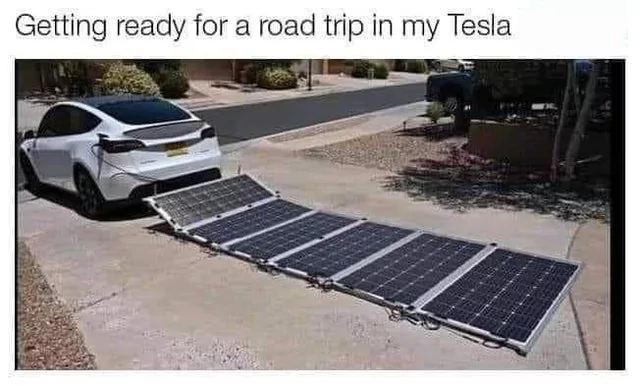Like fiddling with your wireless smartphone
charger to find the right spot, the driver would need to align the vehicle’s
batteries with the charging components underneath. To solve for that, Ford’s patent suggests ground penetrating radar and a series of sensors that could help everything line up.
Ford isn’t the first company to explore wireless charging.
Genesis has already announced its intentions to develop a wireless solution, and its popular
GV60 EV was shown with prototype charging gear. Others have claimed to have tested the technology, and a few years ago, an Israeli company tested
commercial trucks on a wireless charging road.
Some,
including major automakers, believe that dynamic wireless charging could lead to smaller batteries that require fewer raw materials. In the meantime, entities from all corners of business and government are working to develop new charging solutions and push for more charging locations, as the proliferation of EVs has so far outpaced the infrastructure to support them.

 Better invest while you can.
Better invest while you can.


